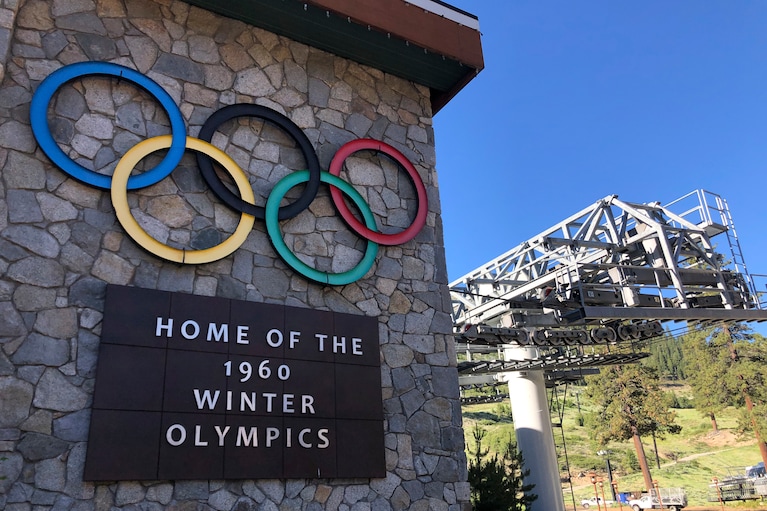
- Details
- By Native News Online Staff
U.S. Secretary of the Interior Deb Haaland (Laguna Pueblo) discusses the removal of a hateful and derogatory term for Indigenous women from nearly 650 federal land units in an op-ed that ran in the Washington Post on Wednesday.
As the first Native American to serve as the secretary of the Interior, Haaland who took the initiative to have the S-word removed from geographic sites at federal places in various parts of the United States.
Federal officials have renamed nearly 650 sites across the country as part of an initiative to remove the ethnic slur “sq__” from federal lands.
Earlier this month, the Department of the Interior said the Board on Geographic Names (BGN) voted on the replacement names for the geographic features featuring the offensive word. The final vote completed the last step in the historic efforts to remove a term from federal use that has historically been used as an offensive ethnic, racial and sexist slur, particularly for Indigenous women.
"Changing geographic names is a step my department was able to take — a significant step — in affirming the value of Indigenous women. Furthermore, it demonstrates my commitment to ensuring that our public lands and waters are accessible and welcoming. These should be places to celebrate the outdoors and our shared cultural heritage, not perpetuate legacies of oppression," Secretary Haaland writes in the op-ed.
The full op-ed can be viewed here: How we expunged a racist, sexist slur from hundreds of public lands.
More Stories Like This
Native News Weekly (August 25, 2024): D.C. BriefsUS Presidents in Their Own Words Concerning American Indians
Star-Studded Livestream to Boost Native News Online’s Year-End Campaign
Monday Morning (December 8, 2025): Articles You May Have Missed This Past Weekend
Native News Weekly (December 7, 2025): D.C. Briefs
Help us defend tribal sovereignty.
At Native News Online, our mission is rooted in telling the stories that strengthen sovereignty and uplift Indigenous voices — not just at year’s end, but every single day.
Because of your generosity last year, we were able to keep our reporters on the ground in tribal communities, at national gatherings and in the halls of Congress — covering the issues that matter most to Indian Country: sovereignty, culture, education, health and economic opportunity.
That support sustained us through a tough year in 2025. Now, as we look to the year ahead, we need your help right now to ensure warrior journalism remains strong — reporting that defends tribal sovereignty, amplifies Native truth, and holds power accountable.
 The stakes couldn't be higher. Your support keeps Native voices heard, Native stories told and Native sovereignty defended.
The stakes couldn't be higher. Your support keeps Native voices heard, Native stories told and Native sovereignty defended.
Stand with Warrior Journalism today.
Levi Rickert (Potawatomi), Editor & Publisher


